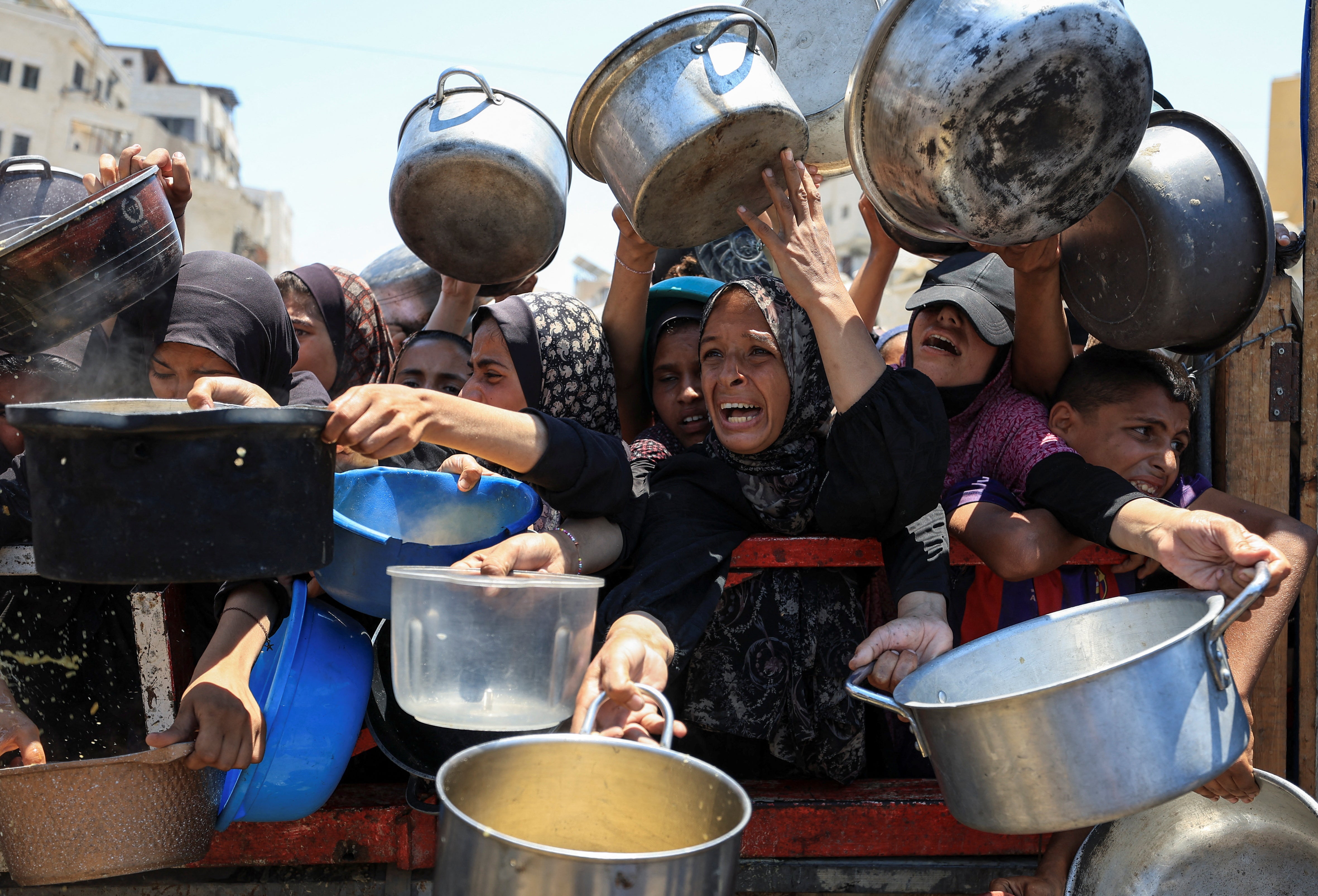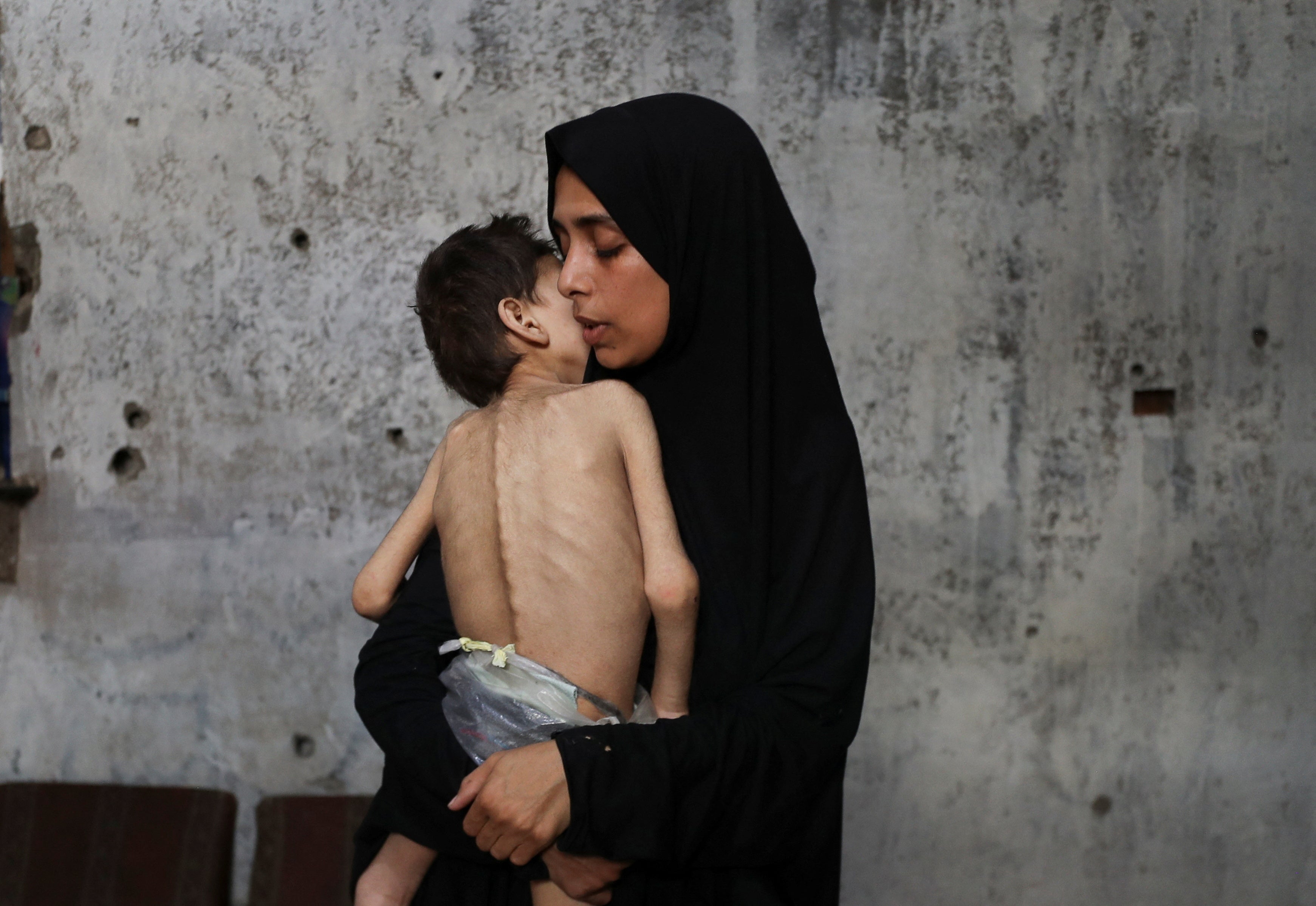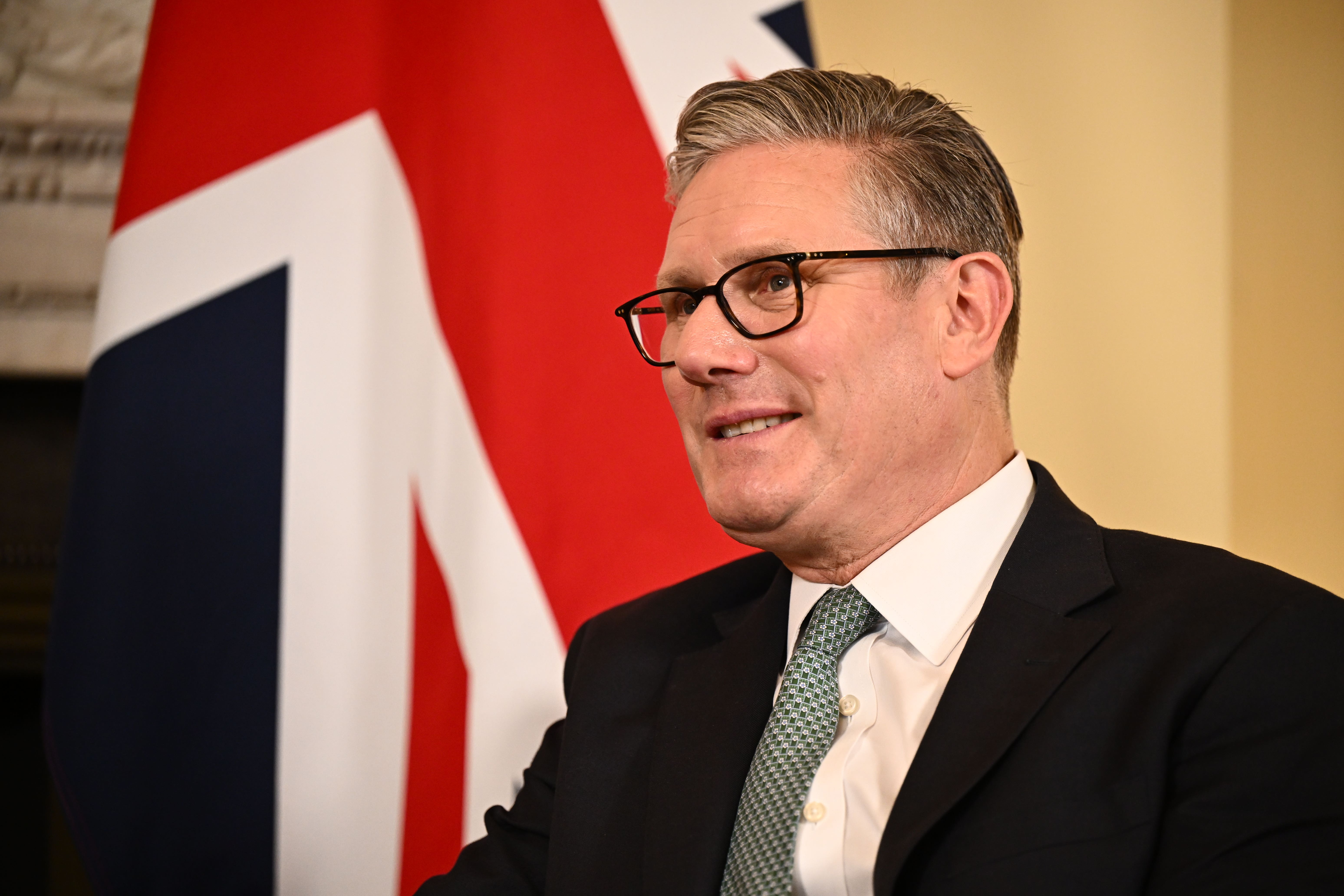The UK has made the historic decision to recognise Palestinian statehood after Sir Keir Starmer said the humanitarian crisis in Gaza has deteriorated since he urged Israel to change course over the summer.
The move, which comes after the UK shifted its position in July, was announced by the prime minister ahead of the 80th Session of the United Nations General Assembly to announce its recognition of a Palestinian state this week.
It comes after France, Australia, Belgium and Canada recently announced their plans to recognise Palestine, with Britain saying it would have only refrained from doing so if Israel takes urgent steps to end the war.
As part of a coordinated bid to build global pressure on Israel to end its bombardment of Gaza, Sir Keir’s announcement came at the same time as Canada and Australia confirmed they were aslo recognising Palestine.
Israel and the US have been critical of the decisions, similarly saying they are a “reward for Hamas”.
Sir Keir and his ministers reject that claim, and the PM announced a fresh wave of sanctions against Hamas on Sunday, describing it as a “brutal terror organisation”. He repeated his demands for the release of hostages taken in the 7 October attacks.
So far, recognition of Palestinian sovereignty has largely been limited to countries in Africa, South America and Asia that have historically been critical of Israel.
The history of Palestinian recognition
In 1988, the Palestine Liberation Organisation (PLO), the official representative of the Palestinian people, formally declared the establishment of the State of Palestine.
In practice, the Palestinians have limited self-government through the Palestinian Authority (PA) in parts of the Israeli-occupied West Bank.
The PA lost control of the Gaza Strip to Hamas in 2007. The UN considers both territories as occupied by Israel and comprising a single political entity. Palestinians also want East Jerusalem to be part of a future state.
Currently, 147 of the 193 member states of the United Nations recognise the state of Palestine.
Palestine has been a non-member observer state of the United Nations General Assembly since November 2012.
Last year, the United Nations General Assembly granted Palestine additional rights, including being seated with member states, the right to introduce proposals and participate in committees. It still does not have the right to vote.
Which European countries recognise Palestine?

In the EU, Sweden, Slovenia, Ireland, and Spain are among the members of the bloc so far to have recognised Palestine. Seven other EU countries had already taken the step before joining the Union:
Several other EU members, including France, Malta, Belgium, Portugal and Luxembourg, have now indicated their intention to recognise the state of Palestine. Andorra and San Marino, which are not part of the EU but hold close relations, are also due to follow suit.
Italy’s prime minister Giorgia Meloni said last month that recognising the State of Palestine before it is established could be counterproductive.
"If something that doesn't exist is recognised on paper, the problem could appear to be solved when it isn't," Ms Meloni told Italian daily La Repubblica.
A German government spokesperson has said that Berlin is not planning to recognise a Palestinian state in the short term and said its priority now is to make "long-overdue progress" towards a two-state solution.
G20 recognition

Among the G20, a group of the world’s major economies, ten countries recognise the state of Palestine. These are:
Six countries in the G20, including the US, France, Germany, Italy, Japan and South Korea do not, though France will join the UK, Canada and Australia in recognising Palestinian sovereignty at the UN gathering.
The EU, which is counted as an entity of the G20, does not recognise Palestine.
Why have G7 countries been reluctant to recognise Palestine?

None of the other G7 countries – the USA, France, Germany, Italy and Japan – currently recognise a Palestinian state.
US state department spokeswoman Tammy Bruce suggested a UN conference called to discuss recognising a Palestinian state as part of a two-state solution was a “publicity stunt” and called it a “slap in the face” to the victims of the October 7 attacks. She also suggested that the UK announcement could risk “rewarding Hamas”.
US President Donald Trump has himself expressed doubts about a two-state solution, proposing a US takeover of Gaza in February. This was condemned by Arab states, Palestinians and the UN as "ethnic cleansing”, a claim Israel has rejected.







